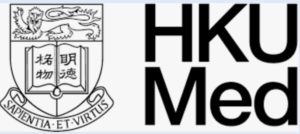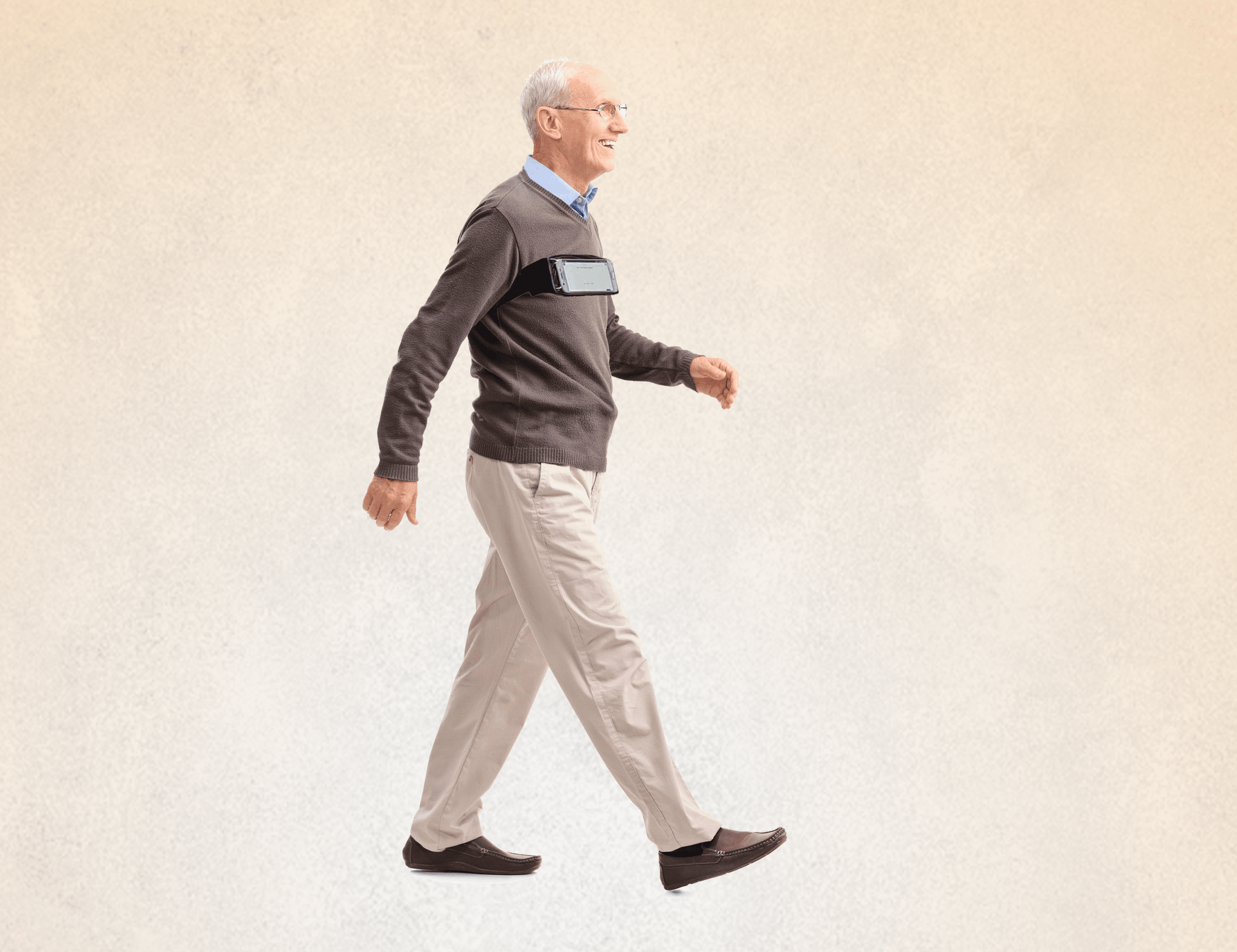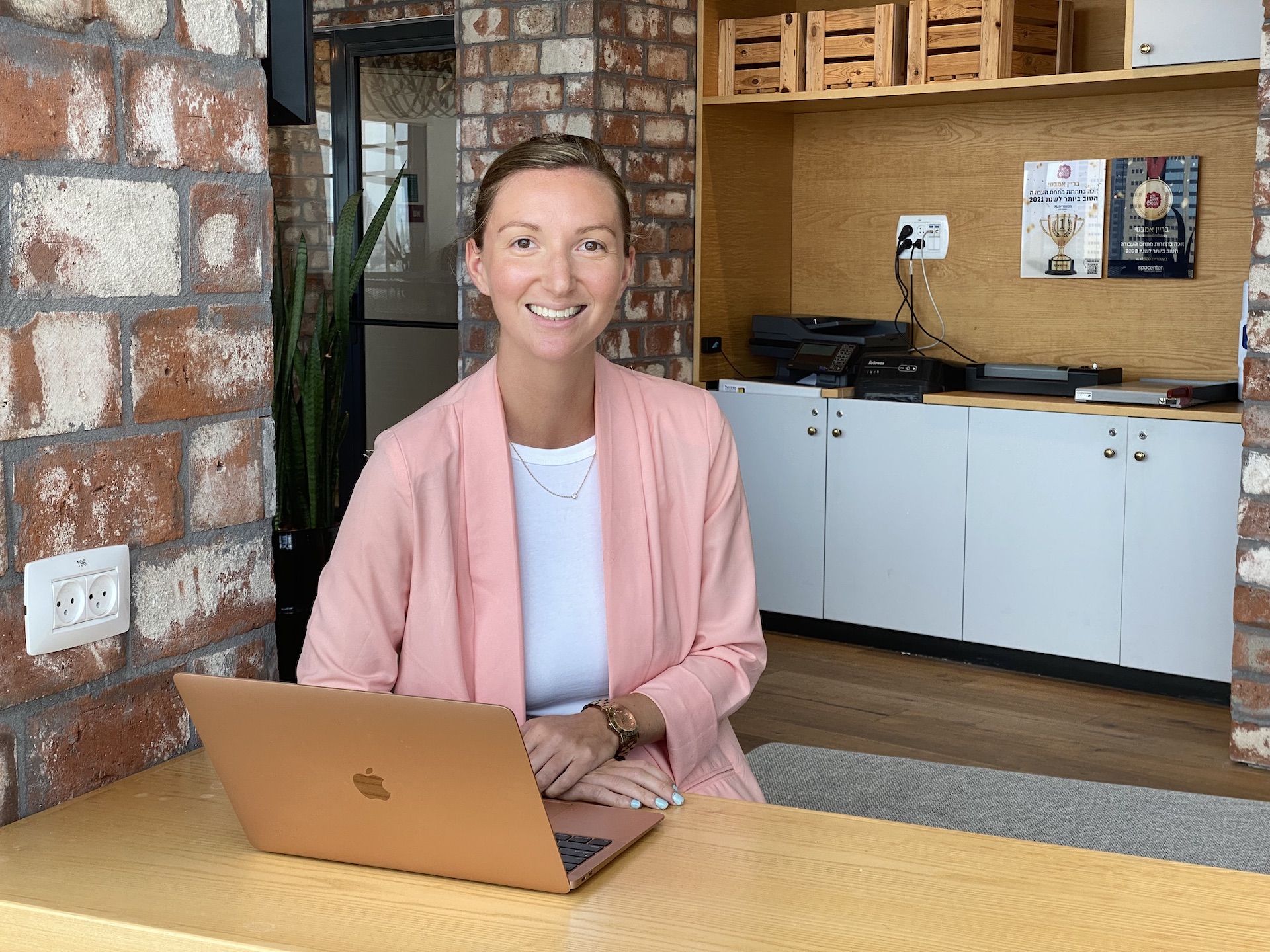
10,000 tests in one hospital!
Mon4t is proud to announce that one of our long-term clients, Queen Mary Hospital—an affiliate teaching hospital of the University of Hong Kong (HKU)—has surpassed 10,000 tests using our platform. Their continued collaboration with us exemplifies their commitment to precise data collection and unique research insights into Parkinson’s Disease.
To date, over 10,000 tests have been conducted, monitoring more than 1,400 Parkinson’s Disease patients and an additional 250 subjects. Our test protocol included four different types of vital assessments, yielding impressive results: 1,400 postural tremor tests, 1,400 resting tremor tests, 1,400 finger tapping tests, and nearly 6,000 timed-up-and-go (TUG) tests.
“This was quite surprising to notice,” says Dr. Ziv Yekutieli, Mon4t’s CEO. “It all started in one of the many meetings one has at the MDS conference. The team at Queen Mary Hospital took things very seriously early on, and has consistently expanded their use of our digital tests.”
Mon4t’s platform supports the diagnostics and monitoring of neurological and psychiatric symptoms, with Parkinson’s Disease being one of the most common conditions evaluated.
“The Mon4t app is reliable, user-friendly, and intuitive, offering easy-to-follow instructions for each test. Its clear interface minimizes distractions, allowing for effortless navigation”, remarks a research nurse involved in a community-based Parkinson’s Disease support project. This project aims to establish a sustainable service model for early identification, rehabilitation, and empowerment among PD patients, caregivers, and allied health professionals.
“Our appreciation for the Mon4t app lies in its ability to make lab-grade data accessible, eliminating the need for expensive lab equipment. This allows us to conduct tests seamlessly using just smartphones, making it a convenient tool for research, clinical, and health promotional purposes,” notes a faculty member involved in the project.
“The Mon4t app provides detailed breakdown parameters such as the rotation time and postural sway that manual TUG tests cannot capture in real time. This capability significantly enhances our ability to monitor specific motor performances objectively,” adds a senior researcher from the team. The project team values the app’s automation of the testing process, which reduces manual input and loading times, streamlining overall efficiency.



